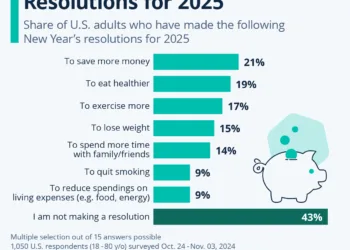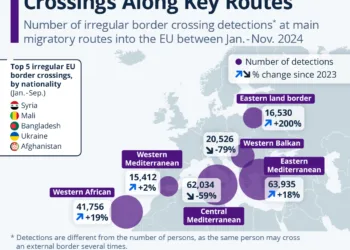The Declining Presence of World War II Veterans in the U.S.
World War II remains a crucial chapter in American history, marked by sacrifice, valor, and unprecedented scale. As we delve into the current state of World War II veterans in the U.S., it is essential to understand the significance of their contributions and the reality of their diminishing numbers.
The Legacy of World War II Veterans
A Glimpse into History
World War II, which spanned from 1939 to 1945, was the largest and deadliest conflict in human history. Over 16 million Americans served in the armed forces during this time, contributing to a monumental effort that ultimately led to the defeat of the Axis powers. The stakes were high and the sacrifices profound, with more than 400,000 American service members losing their lives during the conflict. This war not only reshaped America’s military landscape but also had lasting social, political, and economic effects worldwide.
The Heroism and Sacrifice
The veterans of World War II are often celebrated for their bravery and the significant roles they played in pivotal events such as D-Day and the Pacific War. These men and women fought not just for their country but also for the principles of freedom and democracy. Their experiences shaped the nation we know today, establishing a legacy that resonates through generations.
Current Estimates of WWII Veteran Population
The Steep Decline
As we transition into the present day, the number of surviving World War II veterans has seen a dramatic decline. According to estimates from the U.S. Department of Veterans Affairs, less than 70,000 of these veterans remain alive as of the end of 2023. This figure marks a staggering drop from approximately 930,000 in 2015 and over two million just five years earlier.
Projection of Numbers
Utilizing a deterministic projection model, the National Center for Veterans Analysis and Statistics forecasts the decline of the WWII veteran population over the next three decades. This analysis indicates that the remaining veterans will pass away at an accelerated rate, with predictions suggesting that the last of them may not survive beyond the early 2040s.
Historical Context and Significance
The Toll of War
The broad impact of World War II is reflected in the toll it took on human lives. The total number of military and civilian casualties exceeded 50 million, illustrating the fierce nature of the conflict. As the last of the WWII generation fades, it becomes increasingly important to remember the sacrifices made and the lessons learned from this historical episode.
The Unique Status of WWII Veterans
The passing of these veterans marks the end of an era that has shaped modern media narratives and national pride. The last American veteran of World War I, Frank Buckles, passed away in February 2011 at the age of 110, highlighting the fragility of history and the importance of acknowledging those who served in both world wars.
Commemorating World War II Veterans
The Importance of Remembrance
As the numbers dwindle, the need to commemorate the bravery and service of World War II veterans becomes ever more pressing. Communities across the U.S. are encouraged to recognize and honor the contributions of these individuals through various means—memorials, educational programs, and commemorative events.
Educational Initiatives
Educating younger generations about the significance of World War II and its veterans can instill a sense of responsibility to remember this rich history. Schools and organizations can play a vital role in ensuring that these stories are passed down, maintaining a connection to our national legacy.
The Future of Commemoration
Preserving History
With the passing of WWII veterans, it is critical to focus on documentation and preservation efforts to keep their stories alive. Oral histories, written accounts, and artifacts can provide valuable insights into the lives of those who served. Engaging in these preservation efforts allows future generations to appreciate the monumental impact of their service.
Community Engagement
Encouraging community involvement in commemorative events can create a broader understanding and appreciation of the sacrifices made during World War II. Local observances, speaker programs, and veteran meet-and-greets can foster connections between veterans and the communities they protected, ensuring that their spirit continues to inspire future actions for peace and democracy.
Through various societal efforts, the legacy of World War II veterans will remain etched in American history, reminding us of the values they fought to uphold and the realities of warfare that forever changed our world.










